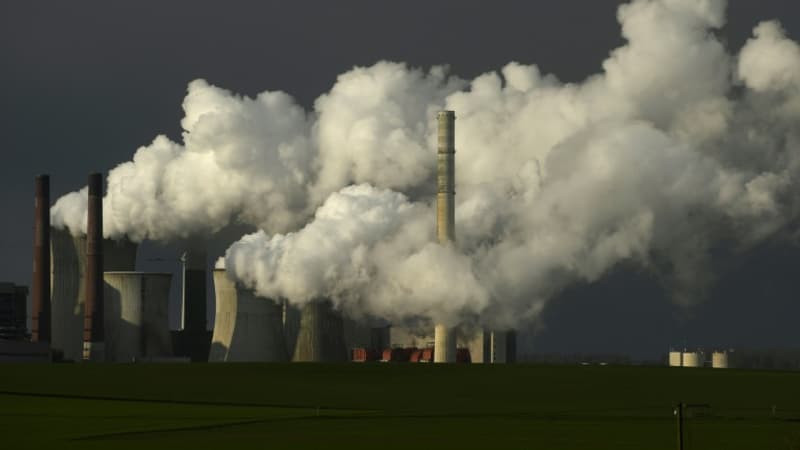Nearly 60% of the world’s largest listed companies have made carbon neutrality commitments, a figure that is rising but by no means a guarantee that they have a serious plan to achieve it, the Net Zero Tracker consortium wrote on Monday. In 2023, during the previous edition of the analysis carried out by the research consortium, which presents itself as independent and brings together Data-Driven EnviroLab (DDL), The Energy & Climate Intelligence Unit (ECIU), NewClimate Institute and Oxford, Net Zero was just under half of the 1,977 listed companies studied that submitted such commitments.
“This year, the number of companies based in Asia continues to increase,” especially (from 118 to 184 in Japan, from 27 to 48 in China, from 22 to 41 in South Korea, etc.), but “there are still many entities that have not made any commitment” on decarbonisation, underlines Takeshi Kuramochi, analyst at the NewClimate Institute, during a video conference.
A carbon offset system far from fulfilling its promises
Today, most companies that promise to be carbon neutral, or that they will be carbon neutral by 2050 or earlier, in reality continue to emit greenhouse gases and resort to carbon offsets to reduce, on paper, their carbon footprint to zero, for example by financing reforestation. But numerous scientific studies have shown that this carbon offset system is far from fulfilling its promises and is even misleading or fraudulent.
Only 5% of companies (4% in 2023) respect the 8 criteria assessed by Net Zero Tracker, which includes some of those formulated by experts on behalf of the UN, such as setting precise targets, including other greenhouse gases besides CO2 (such as methane), prioritising emissions reductions rather than offsetting them, committing to a transition away from fossil fuels and using offsets sparingly.
Experts recommend reducing CO2 emissions as much as possible (more than 90%), and offsetting only those that cannot be reduced, with rigorous projects, such as CO2 capture, for example.
Source: BFM TV


